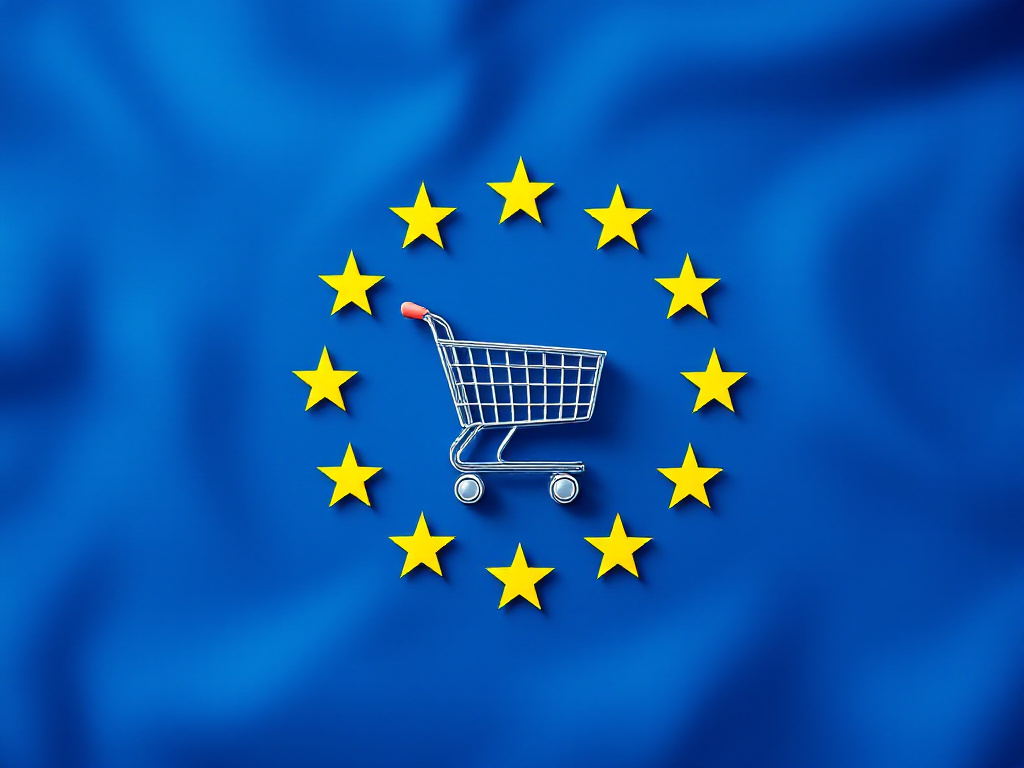

Ohh your are 100% right. I completely missed it. Thank you for the correction.


Ohh your are 100% right. I completely missed it. Thank you for the correction.


I would love to share the Nubula link for this instead. But they didn’t publish it there yet.
Edit: Nebula is not EU - maybe partially because of some EU creators. But it’s also not Google.


Exactly. Even the most inclusive are hard to use when compared with using the Visa/Mastercard networks which are integrated with most banks and merchants.


The problem in Europe is exactly the fragmentation of payment systems. For most you can only use them if you are a resident and have a bank account on that country.
• Wero: Germany, France, Belgium, Luxembourg, Netherlands
• MB WAY: Portugal
• Twint: Switzerland
• Swish: Sweden
• MobilePay: Denmark, Finland
• iDEAL: Netherlands
• Bancontact: Belgium
• BLIK: Poland
• Satispay: Italy
• Vipps: Norway
• Giropay: Germany
• Sofort: Germany
• Cartes Bancaires: France
- Etc....


People from Greenland would surely accept to exchange their land with California.


Maybe they are just being well paid


Yes. By default we don’t want any government intervention. But the “government overreach” needs to be addressed on the specific cases where it happens.
I don’t believe any government has the right to restrict which books and news sites I should be allowed to access. I think I am the best person to decide which knowledge I should have access to.
While this statement is true sometimes, it is also again an oversimplification. I don’t think even you believe this. If a website contains illegal content, would you really prefer for the government to not intervene?
Classic examples would be the sale of hard drugs and child pictures.
We all agree more than we disagree. But communication is hard and most subjects, especially the hard ones, are not black and white.
https://ec.europa.eu/eurostat/en/web/products-eurostat-news/w/ddn-20250314-3
The Eurostat page looks much better in terms of the information it provides.
Even better: Eurostat | Statistics Explained | Mortality and life expectancy statistics. It has life expectancy at birth and at 65.
There’s also an entire book on “The imapct of Demographic change”: https://commission.europa.eu/system/files/2023-01/Demography_report_2022_0.pdf